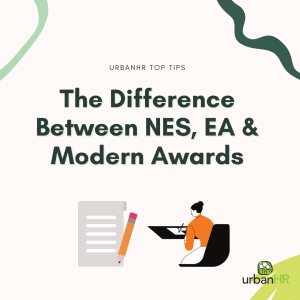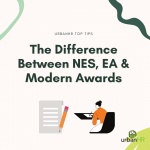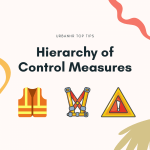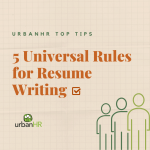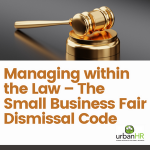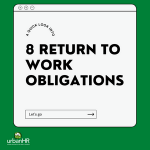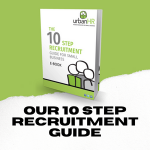
Cheat Sheet: NES, EA, Modern Awards & Employment Contracts
Formalising employment relationships can seem daunting when we hear so many words thrown around such as “Modern Awards,” “Enterprise Agreements,’ and “National Employment Standards.” What is the difference?
While many components can come into play, it is important to ensure that as an employer, you clearly understand your obligations concerning these, and how they affect the employment relationship.
1. NES: National Employment Standard
The NES are 10 minimum employment entitlements that are provided to all employees.
They act as the foundation for all employment conditions, and apply to all national system employees, regardless of any Modern Award or Enterprise Agreements that apply. You can’t contract out of the NES even if an employee agrees.
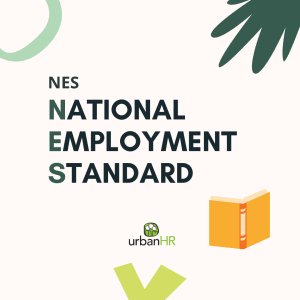

2. Modern Awards
Modern Awards set out the minimum terms and conditions of employment on top of the NES.
They are industry and occupation-based and typically cover employees within those particular industries and/or occupations.
Similar to NES, an employer cannot provide conditions that are less favourable than those set out in an employee’s relevant awards.
3. EA/ EBA’s: Enterprise Agreement / Enterprise Bargaining Agreement
EA/ EBA’s are collective agreements that go through a rigorous application and approval process through the Fair Work Commission.
They set out the minimum terms and conditions of employment on top of any applicable Modern Awards – while they can override an award, they cannot contain anything less than the NES.
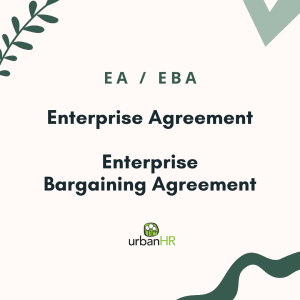
If a business is covered by an Enterprise Agreement, the conditions of a Modern Award are generally no longer binding.
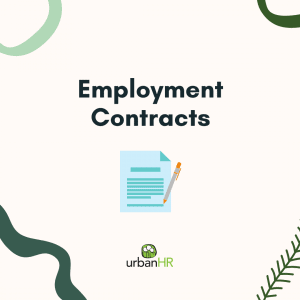
4. Employment Contract
Employment Contracts are formal agreements that outline everything an employee needs to know about the employment relationship – establishing the agreed terms and conditions.
It should, include (but not limited to): title, hours, renumeration, notice periods, salary, notice periods and reference to any Modern Awards or EA’s that may apply. They can also outline arrangements in regard to matters such as post-employment obligations and confidentiality.
Employment Contracts cannot contain anything less favourable than what is set out by the NES or any applicable Modern Awards or EA. Any contractual clauses that are less favourable will likely not be deemed as enforceable.
5. Company Policies
Company policies outline a company’s expectations around what is and isn’t acceptable in the workplace. They play an important part of the employment relationship. Despite this, they do not need to be included in the employment contracts – in fact, HR recommend against it.
It’s best practice to have certain policies in place to define what appropriate workplace behaviour looks like, as well as provide guidance to staff.

Policies should outline:
- Who the polices apply to
- Define what appropriate behaviours look like
- Provide guidance to employees
- What will happen if the policy is not adhered to
As always, should you need some help, please get in touch.

